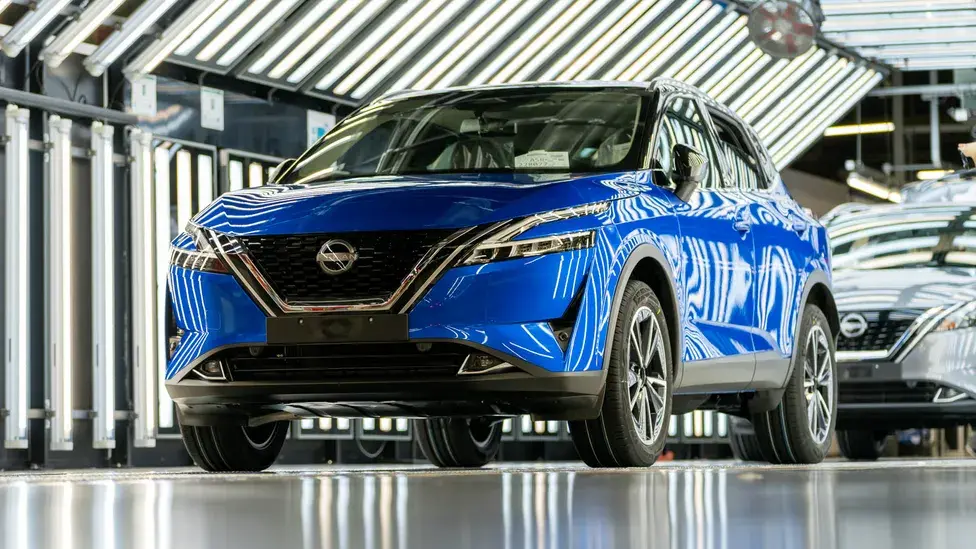British households risk missing out on more than £800 a year in savings on car running costs if they opt for hybrid vehicles instead of fully electric ones. This concern follows recent government policy changes that may allow carmakers to continue selling higher-emission vehicles.
According to analysis by the Energy and Climate Intelligence Unit (ECIU), hybrid vehicle owners save only around £13 annually compared to petrol car drivers. In contrast, switching to a fully electric vehicle could save drivers up to £850 a year.
The new policy, introduced by Keir Starmer’s government, revises the zero-emission vehicle (ZEV) mandate, extending the window for selling petrol and diesel cars—including hybrids—until 2035. This move came after strong lobbying from the car industry. Hybrids like the Toyota Prius and Nissan’s e-Power models are included, despite their inability to drive with zero emissions, as they rely on internal combustion engines to charge their batteries.
Automakers claimed that hybrids reduce emissions compared to petrol vehicles, but critics argue the push to keep hybrids on the market is financially motivated. Hybrids offer higher profit margins than electric cars, and manufacturers say they need these profits to fund EV development, especially as Trump’s global trade policies disrupt the economy.
Colin Walker, transport lead at ECIU, said the rule changes—presented as a response to U.S. trade pressures—could end up hurting UK consumers. “With fewer incentives for automakers to sell EVs and more encouragement to push hybrids, millions of households could face higher driving costs,” he warned.
Although hybrids are often cheaper upfront and remain a practical choice for drivers without access to home charging—especially outside of London—EVs provide larger long-term savings in fuel and maintenance, making them more cost-effective overall.
Experts argue that a widespread shift to electric vehicles is vital to meeting the UK’s climate targets. However, inconsistent government policy may slow progress and raise costs. The EV charging industry has also voiced concern that these policy reversals could deter much-needed investment.
The updated ZEV mandate also benefits plug-in hybrid electric vehicles (PHEVs), which can be charged via plug and are cleaner in theory. But questions remain over whether owners actually plug them in regularly enough to achieve their full environmental benefits.
The ECIU’s research shows that the most popular plug-in hybrid vehicles (PHEVs) in the UK save drivers about £117 a year in running costs compared to petrol cars. In contrast, fully electric vehicles offer over £1,050 in annual savings.
Quentin Willson, founder of the EV advocacy group FairCharge, criticized the government's decision to extend hybrid sales until 2035, calling it a serious mistake. “Drivers with good intentions are being misled about hybrids,” he said. “They’re not much more economical than petrol cars and do little to improve urban air quality.”
Willson added that loosening the ZEV mandate enables manufacturers to continue producing combustion engines longer and pull back from EV commitments. While the UK currently leads Europe in EV adoption, he warned that backing down under industry pressure could undermine this progress and open the door for Chinese automakers to take over the market. He called the policy shift “shortsighted, disappointing, and poorly thought out.”


_2.jpg)





.svg)


